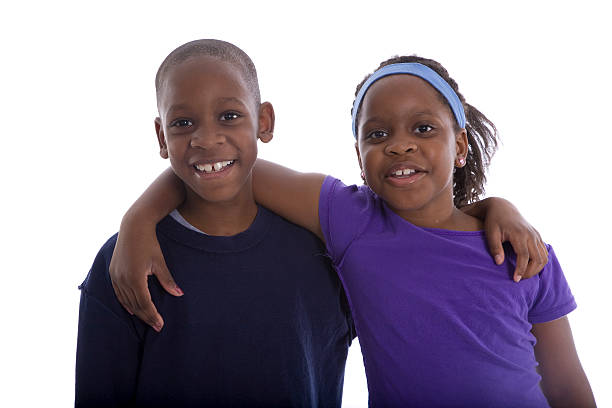
WATCHING THE WORDS CHILDREN USE
- KeyzNet
- 12933
Children learn a lot by imitation. They use words that raise the hair on the back of our necks after they must have heard others use those words, or after those words have been aimed at them. Adults’ use different words when they are upset, excited or just discussing with other adults and these words trickle down toward children, usually with the original emotional heat welded to the words. Because harsh behaviour spreads like a bad cold from adult to child and then from child to child, just about every child on the planet is exposed to name-calling, or bad words, sooner or later.
Bearing this in mind, we can check the words our children use by practicing these simple tips:
Start With Yourself: If you react with sudden outbursts, you will not have much flexibility with your child until you have handled your own storehouse of feelings. There are important questions to which the answers will help you defuse and understand the situation so that you can be of real help to your child.
Find someone who you can ask to listen to you, simply listen, while you talk about what happens inside of you when harsh language is being used. You don’t need advice. You need someone’s undivided attention while you explore what is behind the heat that erupts when your child needs help from you.
Observe: When does your child use these words? What kinds of situations? Right when he comes home from school? When his siblings are playing with his things? Only around a group of children? When he faces a transition? Try to figure out what the situations are that could make your child feel disconnected enough to use harsh and inappropriate words. Once you understand the situations that strain your child’s confidence, try offering support because your child is signaling that he cannot think-the use of harsh language means that he cannot feel his connections with anyone around him hence, needs to attract some adult’s attention through that medium.
Use Special Time Strategically: When a child hears different words or experiences different name-calling, he will be stunned and probably frightened and may not be able to tell anyone how he feels. Now, he has you. Now is the time to pour out the upset and confusion and anger he absorbed. He may aim his upset at you. But if he’s crying, perspiring, or thrashing, your ability to listen becomes a healing force that will to relieve the stored tension that is behind the display of such behavior. Listen; be patient; keep directing him gently and you’ll soon be amazed at the change of behavior in the positive direction.
We can curb the use of inappropriate words by our children when we practice these little tips.
HOMEWORK STRATEGIES THAT WORK FOR CHILDREN
Previous PostYELLING GETS US NOWHERE 2
Next Post



